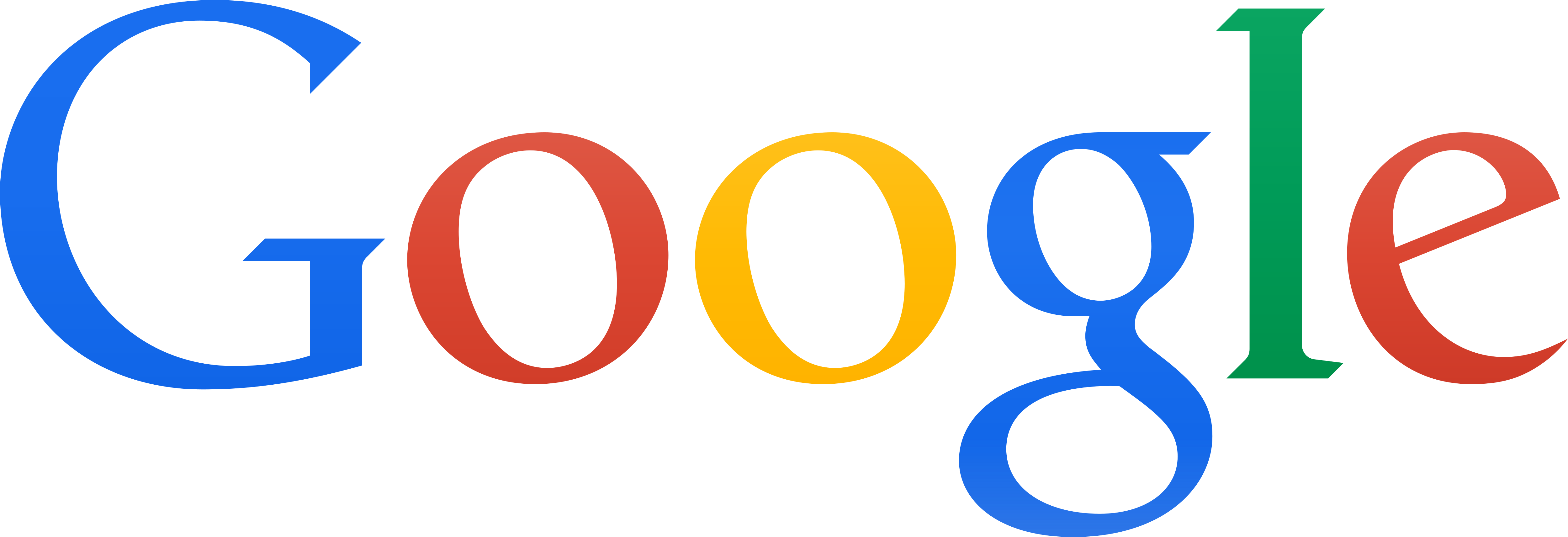In a groundbreaking case, Google has been fined €250 million by French regulators for unlawfully using content from French news publishers to train its artificial intelligence systems without appropriate compensation or authorization. This penalty marks a significant escalation in the ongoing tensions between the tech giant and news organizations worldwide.
The French watchdog’s decision underscores the growing scrutiny over tech companies’ practices regarding news content and the broader implications for copyright and media sustainability. Google, a subsidiary of Alphabet Inc., is accused of not only misusing the content but also of failing to adhere to other commitments related to news usage.
The Fine and Its Implications
The €250 million fine is part of a broader effort by European regulators to ensure fair compensation for news publishers, whose content tech platforms have traditionally used without significant remuneration. This move by France’s regulatory body signals a firm stance on protecting the intellectual property rights of news creators and may set a precedent for other countries grappling with similar issues.
Google has responded to the fine by stating its commitment to working with publishers and news organizations. However, the company also emphasized the challenges of navigating the complex landscape of copyright laws and digital content. The fine adds to the growing list of penalties Google has faced in Europe, including a record €2.4 billion antitrust fine upheld by an EU court.
Training AI with News Content
At the heart of the controversy is Google’s use of French news content to train its artificial intelligence algorithms. These sophisticated systems power a range of Google’s services, from search engine optimization to targeted advertising and content recommendations. The French watchdog accused Google of not obtaining the necessary rights to use the news content for these purposes, thereby gaining an unfair advantage.
This case highlights the complex interplay between AI development and copyright laws. As AI technologies become increasingly central to digital platforms, the need for clear guidelines on the use of copyrighted material for training these systems becomes ever more critical.
Impact on the News Industry
The news industry has been vocal in its criticism of tech giants, arguing that the latter’s practices have undermined traditional news organizations’ revenue models. By using news content without fair compensation, platforms like Google are seen as benefiting from the work of journalists and publishers without adequately contributing to the news ecosystem’s sustainability.
The French fine could encourage other countries to take similar actions, potentially leading to more sustainable revenue models for news organizations. However, it also raises questions about the future relationship between news media and tech companies, especially regarding copyright and the use of content in the digital age.
Looking Ahead
The fine against Google is likely to have far-reaching implications, not just for the company but for the broader tech and news industries. It signals a growing recognition of the need to balance the benefits of AI and digital platforms with the rights and sustainability of content creators.
As the debate continues, it will be crucial for tech companies, news organizations, and regulators to work together to find solutions that respect copyright laws while fostering innovation and ensuring the free flow of information in the digital age.
The €250 million fine imposed on Google by French regulators marks a significant moment in the ongoing dialogue about the rights of news publishers in the digital era. As technology continues to evolve, the challenge will be to ensure that advancements in AI and digital platforms benefit all stakeholders, including those who create the content that feeds these systems.
This case may well serve as a catalyst for more robust frameworks governing the use of news content, ultimately leading to a more equitable digital ecosystem for both tech giants and news organizations.
